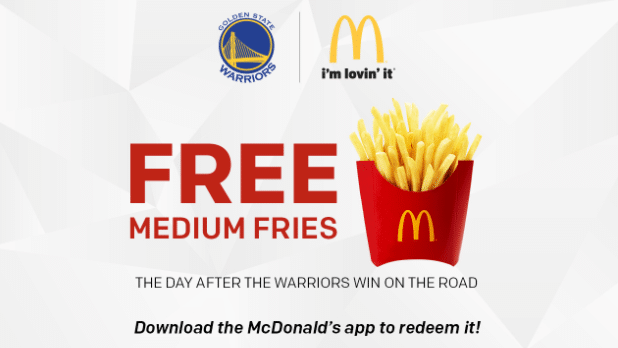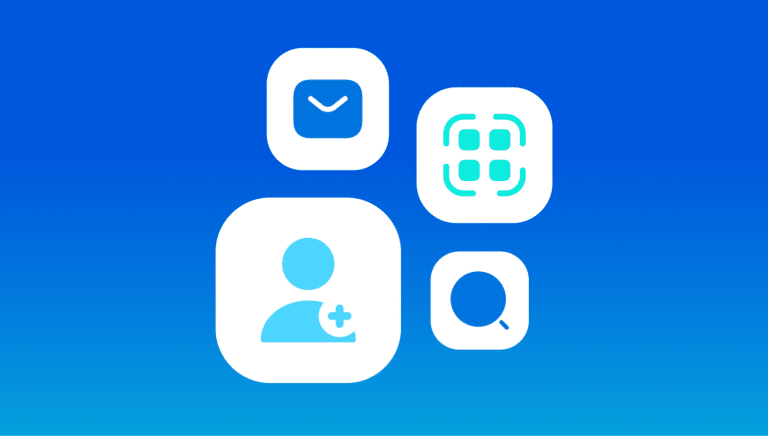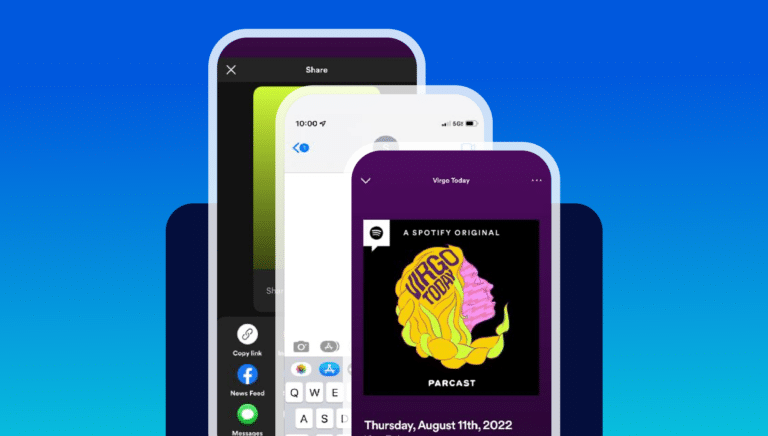What are app referrals?
App referrals are recommendations from current app users sent to their friends and family. These referrals are word-of-mouth marketing activities encouraged and often rewarded by brands because they help to promote app downloads to new users via the app’s existing users.
App referrals are usually deployed in the context of a referral marketing program. An app referral program rewards behavior for involving or influencing new or other users. The typical goal of an app referral program is to encourage more app downloads. The referral is usually sent through text or email, and the referrer (essentially the influencer) generally receives a reward. Nielsen’s 2021 Trust in Advertising study found 88% of consumers most trust recommendations from people they know, so it makes sense that app referrals should be a part of your growth strategy.
The example below shows Robinhood offering a free share of stock to a referrer and to their referee when they place their first order.

Types of app referral campaigns
One-to-one referral program
This program type is sometimes referred to as a “friend-to-friend” referral since it is usually shared among peers. This program relies mainly on word-of-mouth promotion. Essentially, this program allows the referrer, and sometimes the referee, to earn a bonus when a referee downloads the app. Campaigns typically include some other requirements for the referee, such as registering as a user or creating a user profile.
For instance, Venmo offers $5 for referees to register as Venmo users.
One-to-many referral program
In this program, the referral is usually driven by an influencer and is shared to individuals they may not personally know.
In the example below, Caesar’s Sportsbook features a celebrity referrer promoting a $1,001 match bonus when a referee signs up in the app.
Influencer-driven campaigns
Influencer-driven campaigns are becoming more and more popular in mobile marketing, especially on social media. Measuring this type of campaign is best enabled through deep linking.
Brand-driven campaigns
This program offers a bonus for downloading or using the app. This type of campaign tends to require ads and promotion.
In this example, McDonald’s offers a free side of fries when a user downloads the app to order, provided the Golden State Warriors win on the road.
Deep linking and referrals
Let’s take a step back and look at how this is all accomplished. There are two kinds of deep linking:
- Traditional deep links can route users to app content as long as the app is already installed when the link is opened. This means traditional deep links don’t work if the user doesn’t have the app, and will show either an error or a fallback page.
- Deferred deep links can route users to in-app content even if the app is not installed at the time the link is opened. The link will first redirect to the App Store or Google Play to download the app, and then take the user to the specific in-app content immediately after first launch.
Given the typical goal of a referral program — to encourage more app downloads — deferred deep linking is crucial for referral programs because it delivers a continuous and personalized experience, which is key for successful app onboarding. Deferred deep linking has been shown to yield a dramatic impact on overall user conversion and retention.






